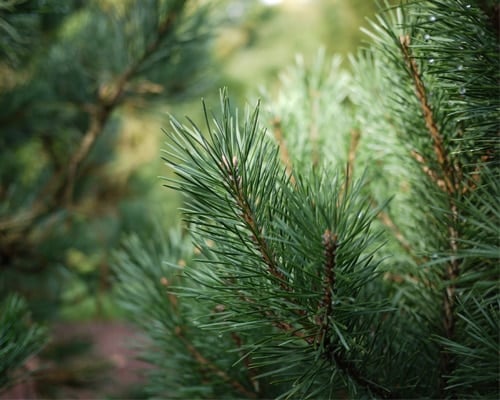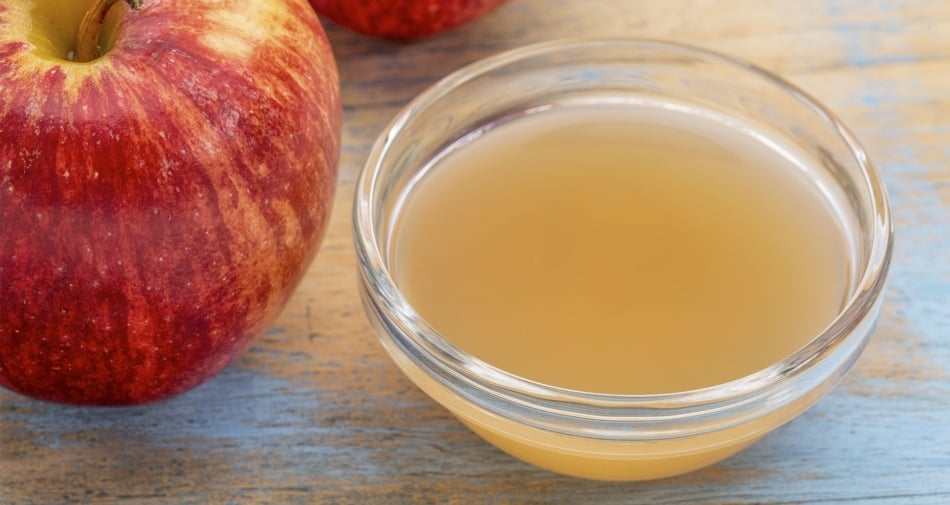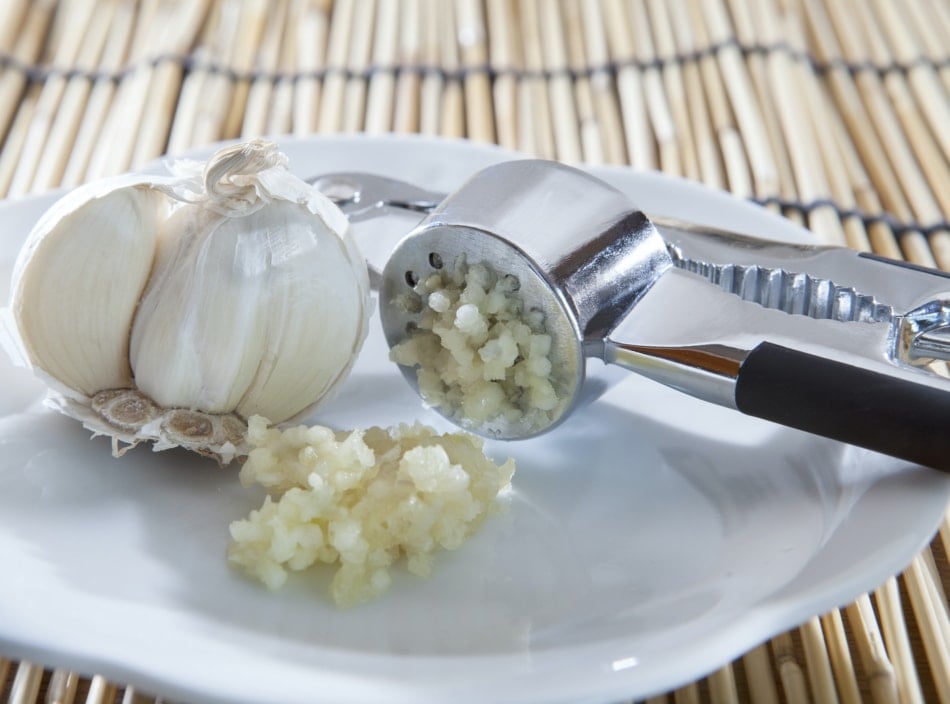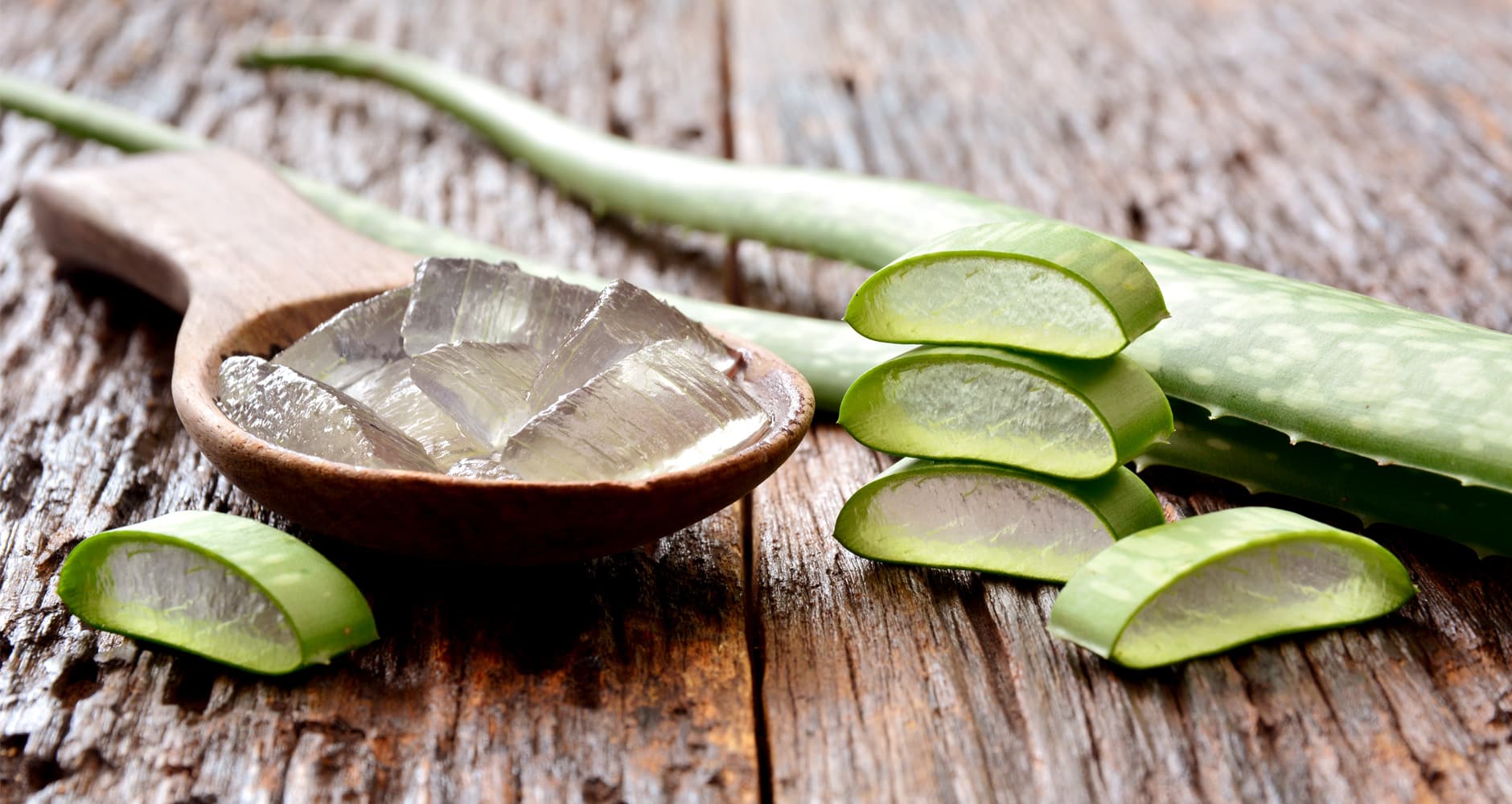How to Get Rid of Flies at the Beach
Mosquitoes are a much-dreaded fact of summer throughout the world, but anyone who enjoys the outdoors in Canada and the northernmost U.S. states knows that the real enemy of the wilderness wanderer is the malevolent black fly.
Black flies, also known as buffalo gnats or turkey gnats, are small flying insects that feed off the blood of humans and other animals. Though tiny—they reach a maximum length of 1/8" when fully-grown—black flies are a formidable foe.
When Do Black Flies Arrive?
Most prominent beginning in about the middle of May, and continuing to make the outdoors a miserable place to be well into June, or even July, black flies do not spread disease among humans, though their bites are painful, itchy, and slow to heal. They can cause severe allergic reactions in some, up to and including death. Because black flies tend to swarm their prey, a single victim can receive numerous bites in a short period of time, increasing the likelihood of a dangerous reaction. For this reason, some US states try to control black fly populations for public health.
Unlike mosquitoes, which breed in stagnant water, black flies lay their eggs in clean fast-running water, such as rivers and streams. Female black flies lay hundreds of eggs in or near the water, so they are very common in wooded areas near bodies of water.
Try These 7 Strategies to Repel Black Flies
1. Protect Your Skin

Black flies can be difficult to repel. The simplest way to prevent getting bitten is to protect your skin by wearing long sleeves and pants at all times when outdoors. Because they are attracted to dark colors, it's also a good idea to wear light-colored clothing, such as khaki, tan, or white.
2. De-Swarm!

One particularly annoying habit of black flies is their tendency to swarm the face. This occurs because they are attracted to the carbon dioxide we exhale. A good way to protect your face is to wear a hat with attached netting, specially designed to protect the head and neck from black flies.
3. Try Some Pine

Some recommended natural repellants include vanilla extract, lavender, and the extract from pine branches — just break open a young branch and rub the moisture from inside on your skin.
4. Avoid The Sweets

Avoiding wearing sweet-smelling perfumes, fabric softeners, and indulging in candy or soft drinks when outdoors can also help to reduce your risk of attracting black flies.
5. F an it!
For a truly chemical-free way to keep mosquitoes and black flies away from your porch, use a fan. It might seem strange to use a fan outside, but it works! A simple oscillating pedestal fan or box fan will do the trick. This works in two ways: It makes it harder for bugs to fly in the area and it helps blow away the carbon dioxide that is produced when we exhale.
6. ACV to the Rescue!

Apple cider vinegar is an old-timey remedy that many say helps with mosquitoes, black flies, and ticks. Start three to four days before your planned outdoor activity and take a tablespoon of vinegar three to four times a day to help your skin ward off biting bugs on its own.
7. Garlic

A clove of garlic a day might help keep the bugs away! Simply eat a clove of garlic each day, starting several days before you anticipate exposure to mosquitoes and black flies. For some people, eating garlic may cause you to release a sulfur compound present in garlic called allicin. This is what causes garlic's smell and when the scent is produced by your skin, it'll help mask your natural scent. It might keep the bugs (and people) away!
If you find that these home remedies are not effective, you may need to move up to a commercial insect repellent. Sprays containing DEET are often recommended, though their effectiveness against black flies is unpredictable — some even report that DEET sprays attract black flies. Repellents containing Permethrin (commonly used to treat lice) are more likely to be effective, but they are also more toxic than DEET sprays and can be harmful to fish, cats, and beneficial insects such as honey bees.
Soothing the Itch of Black Fly Bites

Black fly bites usually turn into itchy welts. If you do get attacked by black flies, there are a number of things you can do to soothe the itch:
- Wash the affected area with soap and warm water
- Avoid scratching the bites as much as possible. Scratching can break the skin, increasing the risk of infection.
- Apply a topical agent, such as aloe vera, witch hazel, or a gentle over-the-counter remedy, such as calamine lotion, which can also help. If the itching persists or is very bad, an antihistamine cream may be needed.

Jaime McLeod
Jaime McLeod is a longtime journalist who has written for a wide variety of newspapers, magazines, and websites, including MTV.com. She enjoys the outdoors, growing and eating organic food, and is interested in all aspects of natural wellness.
How to Get Rid of Flies at the Beach
Source: https://www.farmersalmanac.com/black-flies-17347